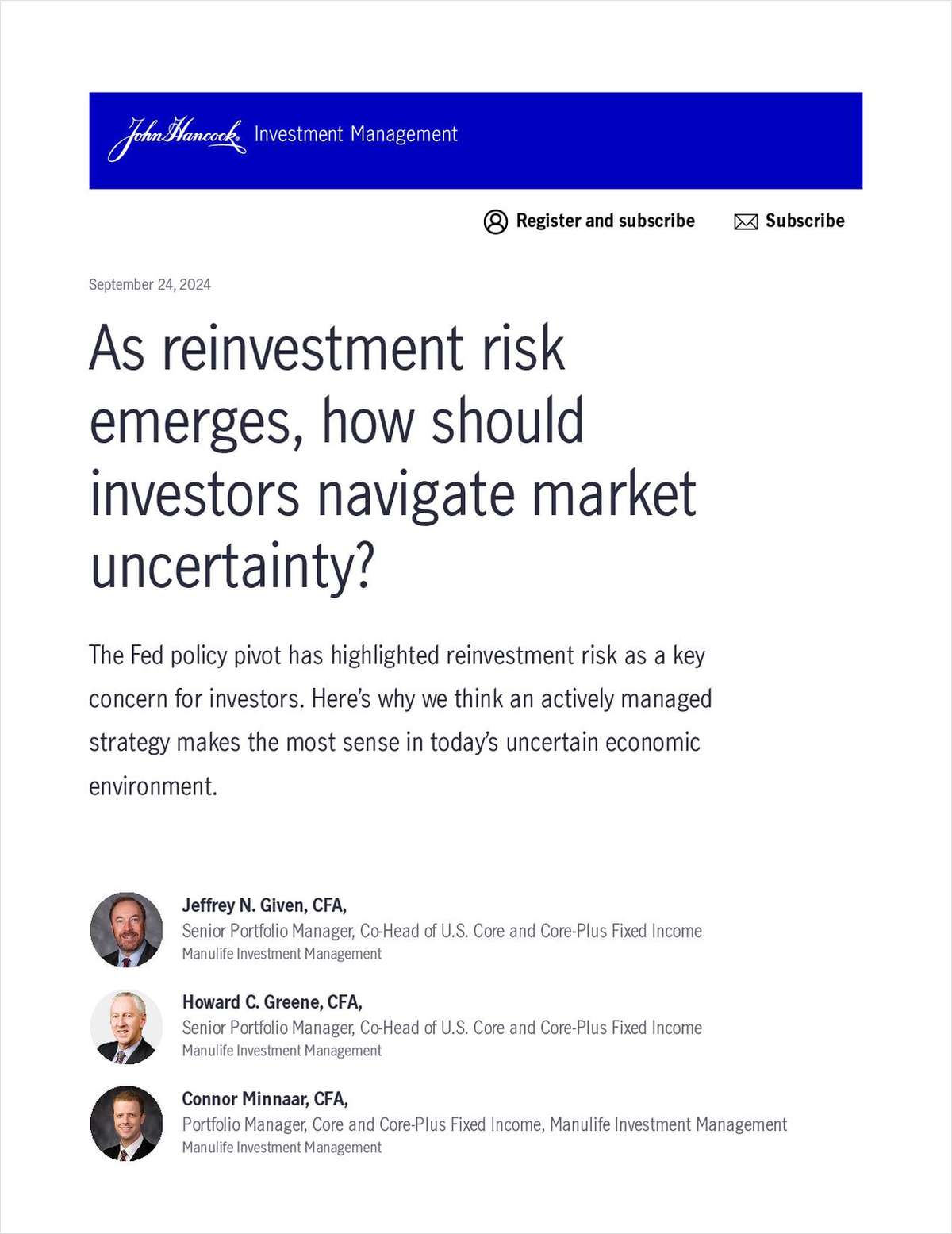Budget analysts are predicting that the federal debt will increase to 75% of U.S. gross domestic product (GDP) by September 30, 2012, up from 62% of GDP just two years earlier.
President Obama sent out a Valentine's Day budget proposal that came with no chocolates but did call for $46 trillion in federal spending from 2012 to 2021. In the proposal, the administration recommends a measure that could reduce a company's ability to benefit from inside buildup, or the increase in cash value within a life insurance policy, on corporate-owned life insurance (COLI) for anyone other than individuals who own at least 20% of the company.
The proposal also would replace the current system for deciding how much of an insurance company's dividend income consists of company's share income that can receive a "dividends received deduction" (DRD) and how much consists of non-deductible policyholders' share income.
"The general account DRD, tax-exempt interest, and increases in certain policy cash values of a life insurance company would instead be subject to a fixed 15% proration," Treasury Department officials say in a discussion of the administration's revenue proposals.
Together, officials say, the COLI proposal, the DRD change and a proposed change in reporting requirements for large life contracts could bring in $14 billion over 10 years – enough to cut federal spending by 0.03%.
The administration also would like to make insurers that own banks or thrifts join with banks in paying a "financial crisis responsibility fee" equal to 0.075% of deposits or other specified liabilities.
The Obama administration has presented those ideas before, without success, and securities analysts greeted them with much-disclaimered yawns.
Jeffrey Schuman, an analyst in the New York office of Keefe, Bruyette & Woods Inc., billed his comment on the proposal, "It's February; It Must Be DRD/COLI Time."
Analysts at Credit Suisse Securities (USA) L.L.C., New York, also expressed skepticism about the idea of the proposal becoming law.
Some have suggested that taking on an industry that can mobilize tens of thousands of citizen lobbyists who are active in their communities and trained to sell may not be the smartest move a budgeter could make.
Insurance groups such as the Association for Advanced Life Underwriting, the American Council of Life Insurers, GAMA International, the National Association of Insurance and Financial Advisors and NAILBA have teamed up to issue a statement opposing the COLI and DRD proposals.
"With our economy still recovering from the recent crisis, public policy should encourage families and businesses to responsibly plan for their financial futures," the groups said. "The administration's budget proposal would have the opposite effect."
TIME TO PONY UP
The Obama administration is saying the federal debt could rise to a mind-boggling $19 trillion in 2021, up from about $10 trillion today.
Howard Mills, a former New York insurance superintendent who is now director of the insurance industry group at Deloitte L.L.P., New York, said the insurance industry is on guard.
"The federal government is obviously looking for revenue," Mills said.
Leon Huffman, the co-chair of the government affairs committee at the National Association of Independent Life Brokerage Agencies, Fairfax, Va., warned attendees at NAILBA's annual meeting in November 2010 that a Republican majority in the House would not necessarily mean two years of bliss for the life insurance industry.
"We have been put on notice that our products will be on the table when there are discussions about raising revenue," Huffman said.



